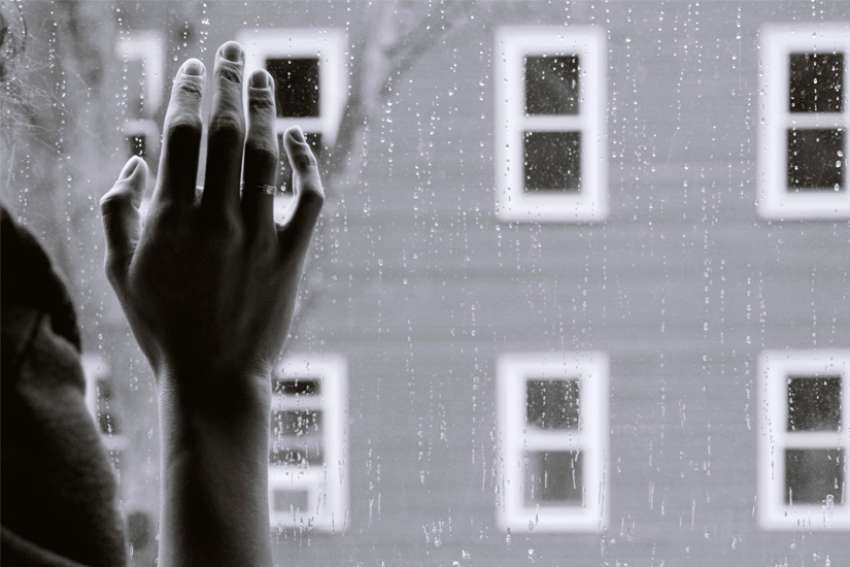The novel coronavirus’ ramifications have been far more significant than we could’ve expected when it reared its head. I particularly struggled with persevering in the daily practices of faith and entering into the hope of the liturgical seasons without the social support from gathering in churches and meeting with other faithful Catholics.
Communal support and fellowship have always been a subconscious morale boost as I seek to grow my relationship with God. The very privatized nature of faith during the pandemic has been a large obstacle for me. Without the usual physical gathering, the personal journey of faith felt as though it had been stripped of the supports and grace that come from gathering for the sacraments.
I struggled this year to motivate myself to begin daily prayer. And without the knowledge of when we would be able to return to a normal congregating within churches, it was even more difficult to continue to observe. Mass and prayer are now quite solitary activities. And with this new reality came the personal realization of how weak I am without others.
This realization prompted me to continue to pray and struggle throughout the pandemic, especially in the months when the restrictions were most intense. As I felt my resolve somewhat weakening, a source that helped me endure was the Catechism of the Catholic Church.
Faith, the Church teaches, is a virtue of the intellect and will, through which man accepts the divine truths in God’s grace (CCC 155). “By faith, man completely submits his intellect and his will to God” (CCC 143). This virtue enables man to believe God’s promises and all the truths the Catholic Church teaches.
Faith is primarily a rational and wilful choice to trust in God, made possible with His grace. Whether or not the future looks murky should not influence this virtue’s presence in our lives. Easier said than done of course. As human beings, difficult circumstances test and try our resolve and weaken our will.
The Church recognizes the various challenges that we face and the difficulties one can have in the virtue of faith because of them. The world does not fulfill our desires and certainly cannot live up to the fullness of God’s promises. “Our experiences of evil and suffering, injustice and death, seem to contradict the Good News; they can shake our faith and become a temptation against it” (164).
It’s hard to look optimistically into a world that has undergone such drastic and negative changes this past year. Social opportunities have drastically decreased, academic learning has been hindered, anxiety and loneliness now permeate many people’s lives. However, these trials can serve to strengthen our faith when we ponder again that the end goal of our journey in life is not temporal happiness but Heaven.
The catechism states, “Faith makes us taste in advance the light of the beatific vision, the goal of our journey here below. ... So faith is already the beginning of eternal life” (CCC 163). The light of faith can help navigate the difficulties that tests us.
This past year I’ve learned that personal peace cannot be based on temporal success or failure. Social activities, human relationships, academic and career opportunities fluctuate and cannot be the foundation for happiness. Perhaps this is why mental health is taking a turn for the worse — we are entrusting our sanity to erratic, temporary creation, instead of where it is meant to be: in the hands of our all good and powerful Father.
(Gay, 20, is a third-year student at Our Lady Seat of Wisdom College in Barry’s Bay, Ont.)


